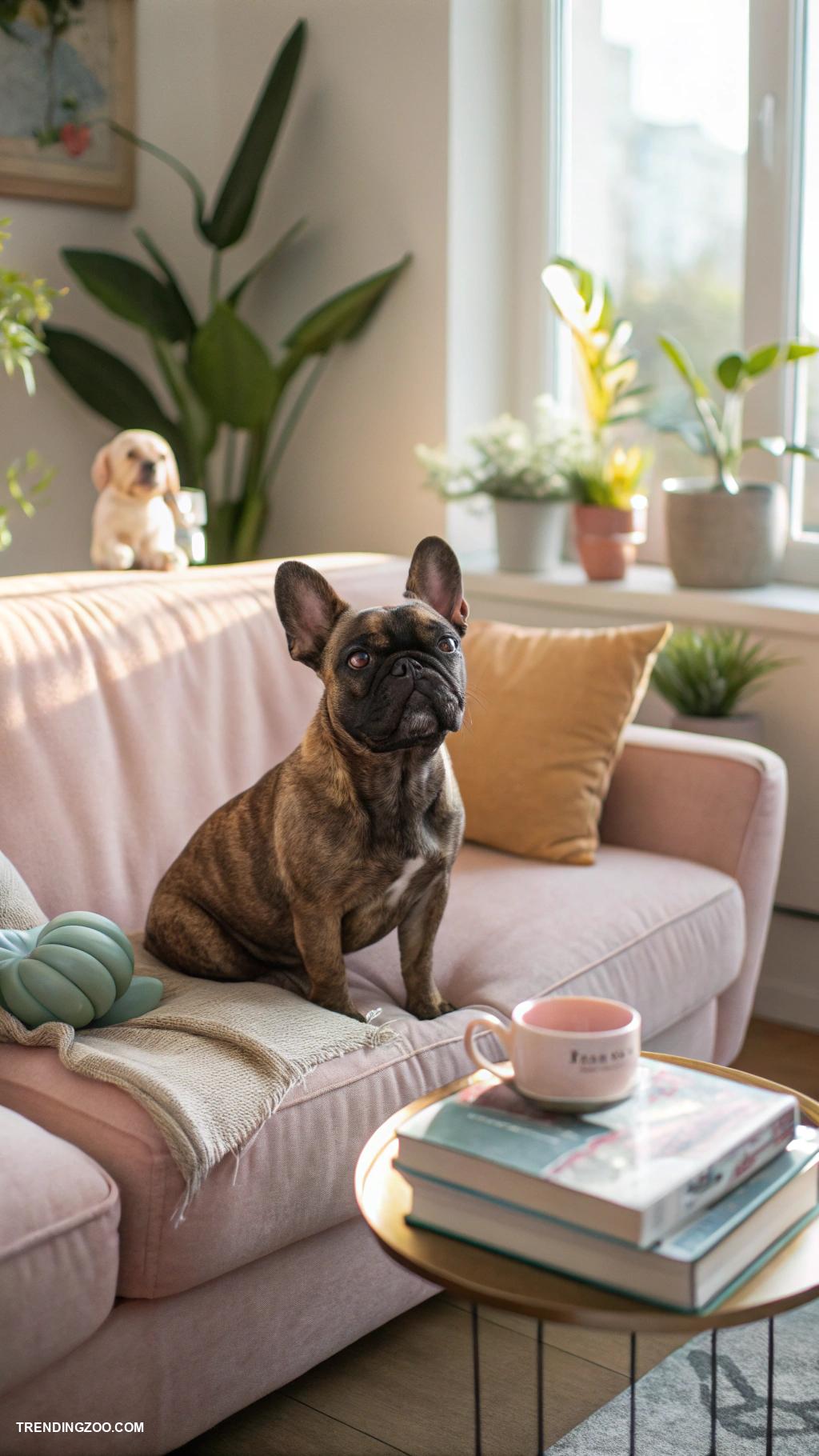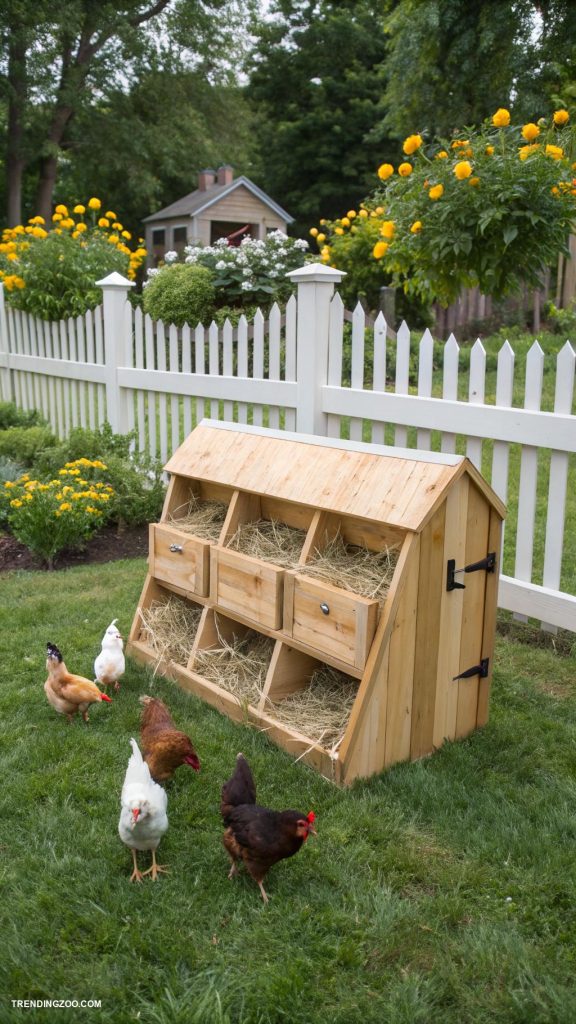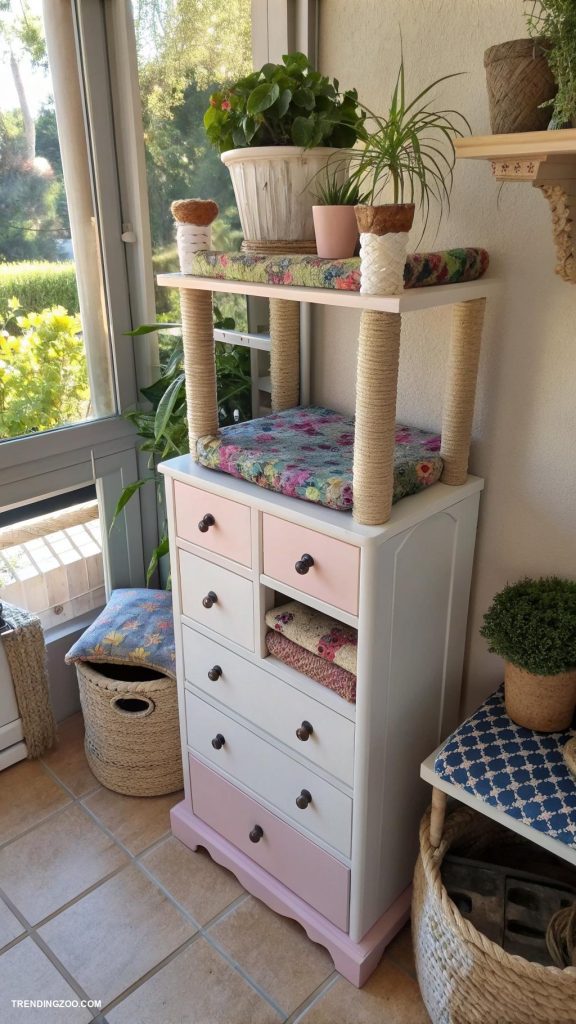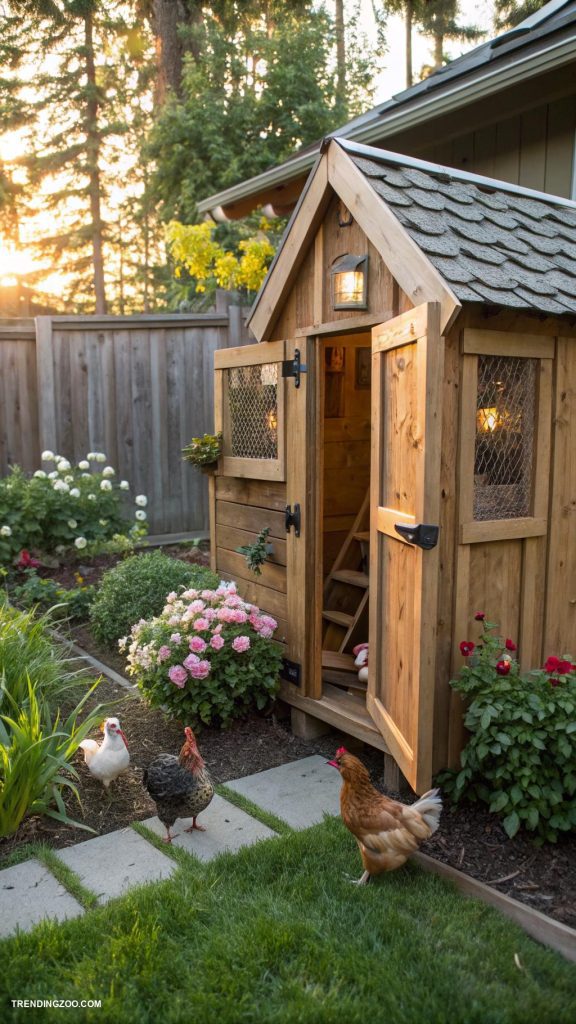Meet the French Bulldog, a breed that has captured the hearts of many with its adorable bat ears, playful personality, and adorable snorts. Originating in 19th century England, this charming companion dog was bred for companionship and affection, and it’s no wonder why they’ve become a beloved fixture in many homes around the world.
With their unique appearance, loving nature, and relatively low maintenance care, it’s easy to see why French Bulldogs have become a favorite among dog enthusiasts. But what makes them such special companions, and what do you need to know if you’re considering bringing one into your family? Let’s dive in and explore the wonderful world of French Bulldogs.
History and Origin of French Bulldogs
The history and origin of French Bulldogs date back to the 19th century in England, where they were bred as toy versions of the Bulldog. The breed is believed to have originated from the Toy Bulldog, which was a smaller version of the traditional Bulldog, and the Pug, an ancient breed from China. In the 1800s, lace workers from Nottingham, England, who had migrated to work in the French city of Normandy, brought their Bulldogs with them.
Over time, the Bulldogs crossed with local ratters and terriers, resulting in a unique breed with a distinctive appearance. The French Bulldog’s popularity grew in the late 1800s, and they became a beloved companion animal among the aristocracy and upper class. In 1897, the French Bulldog was officially recognized by the American Kennel Club, and since then, they have become a popular breed around the world, known for their playful, affectionate, and adaptable nature.
Physical Characteristics and Traits
The French Bulldog is a compact and affectionate breed, characterized by its unique physical characteristics and traits. One of the most distinctive features of the French Bulldog is its “bat ear” shape, which is erect and rounded at the tip. Their ears are also relatively large compared to their head size, giving them a perpetually alert and curious appearance.
The breed’s face is also notable for its flat, wrinkled forehead, short snout, and prominent underbite. Their eyes are large and expressive, with a sweet and gentle gaze. French Bulldogs come in a variety of coat colors and patterns, including brindle, fawn, and white, with or without markings. Their coats are short, smooth, and easy to maintain, requiring only occasional brushing and bathing.
Adult French Bulldogs typically weigh between 16 and 28 pounds and stand between 10 and 12 inches tall at the shoulder, making them a relatively small but sturdy breed. Despite their compact size, French Bulldogs are known for their playful and adaptable nature, making them a popular companion animal for city dwellers and families alike.
Temperament and Behavior
French Bulldogs are known for their unique and adaptable temperament, which makes them a beloved companion for many families. Their friendly and affectionate nature allows them to quickly form strong bonds with their owners, and they thrive on human interaction.
They are often described as playful, yet laid-back, and their calm demeanor makes them an excellent choice for city living or apartment dwellers. French Bulldogs are not high-strung or anxious, and their even-tempered nature means they get along well with children, other pets, and even strangers.
However, they do require early socialization to ensure they become confident and outgoing adult dogs. With proper training and care, French Bulldogs can learn to obey basic commands and behave well in public, but they may require more patience and consistency due to their stubborn streak.
Overall, their gentle and loving disposition makes them an ideal companion for those who value a low-maintenance yet loving pet.
Health Issues Commonly Faced by French Bulldogs
French Bulldogs are known for their adorable appearance and playful personalities, but like many breeds, they can be prone to certain health issues. One of the most common health concerns affecting French Bulldogs is respiratory problems, particularly brachycephalic syndrome. This condition is caused by the breed’s flat face and short airway, which can lead to breathing difficulties, especially in hot or humid weather.
French Bulldogs are also prone to skin allergies and infections, which can be triggered by environmental factors or food sensitivities. They also have a higher risk of developing joint issues, such as hip dysplasia and patellar luxation, due to their unique body structure.
Furthermore, French Bulldogs are also susceptible to ear infections and eye problems, including cherry eye and dry eye, which can be caused by the breed’s prominent facial features. French Bulldog owners need to work closely with their veterinarian to monitor their pet’s health and address any potential issues early on to ensure a happy and healthy life.
Grooming and Care Requirements
French Bulldogs are known for their adorable wrinkles and playful personalities, but they do require some special care to keep them looking and feeling their best. One of the most important aspects of their grooming and care routine is regular cleaning of their wrinkles.
These folds in their skin can trap dirt, moisture, and even bacteria, which can lead to skin infections if not properly cleaned. Owners should gently wipe their French Bulldog’s wrinkles with a damp cloth daily, paying extra attention to the areas around their eyes, nose, and mouth.
Additionally, French Bulldogs have a short, easy-to-maintain coat that requires only occasional brushing to remove loose hair and distribute skin oils. Bathing should be done sparingly, as their skin can be prone to drying out, and instead, owners can use a damp cloth to clean their coats as needed.
Nail trimming is also essential to prevent overgrowth, which can cause discomfort and health issues. Owners should trim their French Bulldog’s nails every 4-6 weeks, taking care not to cut the quick, which can be painful for the dog.
Finally, regular ear cleaning and dental care are crucial to prevent infections and maintain good overall health. By following these simple grooming and care tips, French Bulldog owners can help keep their pets happy, healthy
Training Tips for French Bulldogs
French Bulldogs are a unique and charming breed that requires special care and attention when it comes to training. Due to their playful and adaptable nature, they can be a joy to train, but it’s essential to approach training sessions with patience and consistency.
One of the most important tips is to start training early, ideally from puppyhood, to establish good habits and prevent unwanted behaviors from developing. Positive reinforcement is key, using treats, praise, and affection to encourage good behavior, rather than punishment or negative reinforcement.
Housebreaking can be a challenge, as French Bulldogs are prone to accidents, but consistency and routine can help. It’s also crucial to keep training sessions short and fun, as they can tire easily and get distracted.
Socialization is also vital, as French Bulldogs can be wary of strangers and other animals, so early exposure to new environments and people is essential. With patience, consistency, and positive reinforcement, French Bulldogs can learn to obey basic commands, walk nicely on a leash, and even perform tricks, making them a loving and loyal companion.
Ideal Living Conditions and Environments
Ideal living conditions and environments are crucial for the well-being and happiness of French Bulldogs. These adorable dogs thrive in homes that provide a comfortable and stable environment. Ideally, French Bulldogs should be kept indoors, away from extreme temperatures and harsh weather conditions. They are sensitive to heat and humidity, so air-conditioned or well-ventilated spaces are essential to prevent heatstroke.
A cozy and quiet living space with minimal noise and commotion is also ideal, as French Bulldogs can be sensitive to loud noises. In terms of space, a small to medium-sized apartment or house with a securely fenced yard is perfect for French Bulldogs, who don’t require a lot of exercise but do need regular breaks to stretch and move around.
French Bulldogs are social animals and benefit from human interaction, so a family or individual who can devote time and attention to them is essential.
Lastly, French Bulldogs are prone to health issues, such as respiratory problems and joint issues, so a clean and well-maintained environment with easy access to veterinary care is vital. By providing a comfortable and nurturing environment, pet owners can ensure their French Bulldog lives a happy and healthy life.









